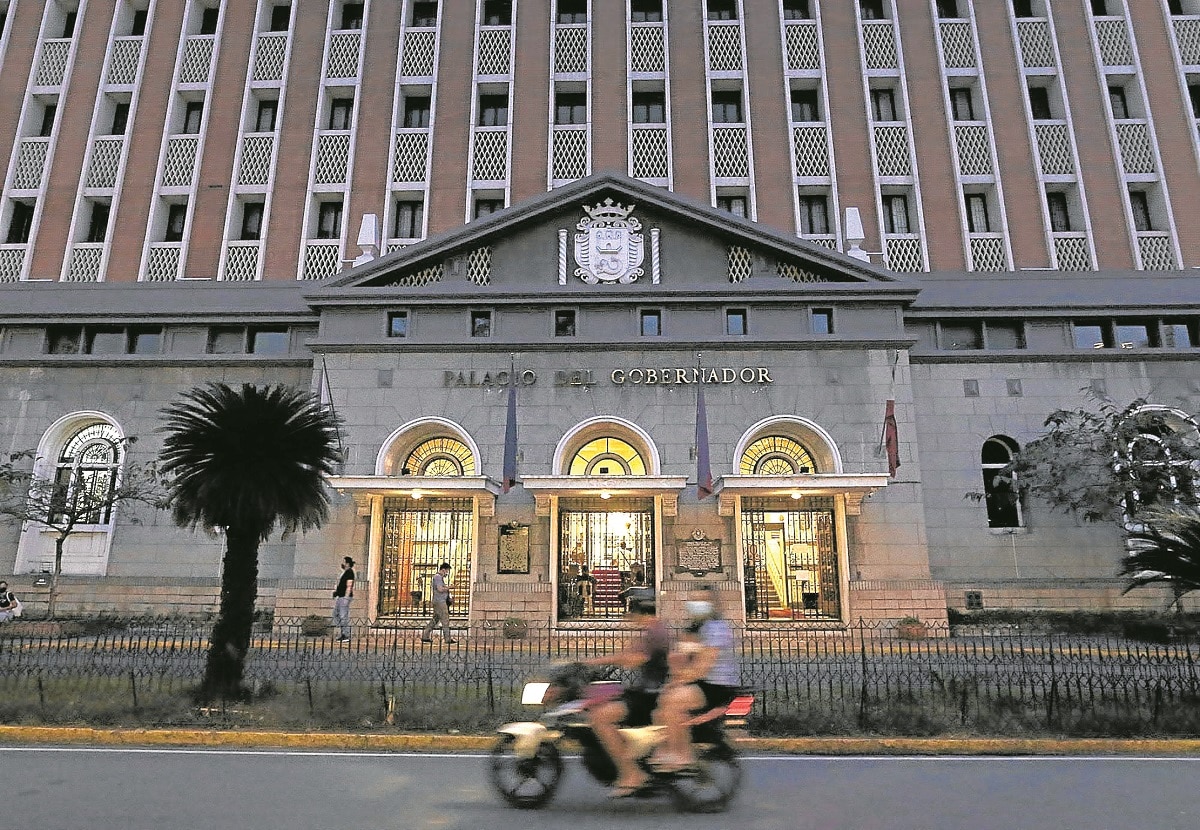Macalintal challenges BSKE postponement law before SC

Commission on Elections. File photo
MANILA, Philippines — A petition has been filed before the Supreme Court, challenging the constitutionality of Republic Act (RA) 12232, the law that postpones the December 2025 Barangay and Sangguniang Kabataan Elections (BSKE) and extends the term of incumbent officials.
The new law recently signed by President Ferdinand “Bongbong” Marcos Jr. calls for the setting of the term of office of barangay officials and members of the Sangguniang Kabataan.
However, election lawyer Romulo Macalintal said the law imposes a new date for the BSKE elections, and that is Nov. 2, 2026.
Macalintal said the 2023 ruling of the Supreme Court states that declaring that a BSKE postponement must be justified by “sufficiently important, substantial, or compelling reasons to safeguard the right of suffrage.”
READ: SC declares law postponing Brgy, SK polls unconstitutional
“However, in the case of RA 12232, the 2025 BSKE was sought to be rescheduled and postponed to another date, not for any important, substantial, or compelling reason, but merely on account of perceived shortness of the incumbent BSK officials’ term of office,” Macalintal said.
Macalintal added that the new law violates the “one subject-one title” rule enshrined in the 1987 Philippine Constitution.
The petition states that RA 12232’s title, which reads “An Act Postponing the December 2025 Barangay and Sangguniang Kabataan Elections, Providing for a New Term of Office for Barangay and Sangguniang Kabataan Officials, and for Other Purposes,” is misleading and attempts to bundle multiple, disparate subjects into a single legislative measure.
According to the legal filing, the law contains at least four distinct and “inconsistent” subjects:
- Setting a new term of office for barangay officials.
- Setting a new term of office for Sangguniang Kabataan officials.
- Postponing the December 2025 BSKE.
- Extending the tenure of incumbent BSKE officials.
The petitioner argues that the postponement of the elections and the extension of incumbent officials’ terms are “inconsistent with or foreign to the general subject” of merely setting a new term of office.
Macalintal said the provisions were “merely log-rolled” into the law, a practice the one subject-one title rule is designed to prevent. This constitutional provision, found in Section 26(1), Article VI, mandates that “every bill passed by the Congress shall embrace only one subject which shall be expressed in the title thereof.”
While the case is still pending, Macalintal urges the Supreme Court to issue a temporary restraining order (TRO), a status quo ante order, and/or a writ of preliminary injunction to immediately halt the implementation of RA 12232.
The petition highlights the risk that the Commission on Elections (Comelec) may discontinue its preparations for the December 2025 polls and that incumbent officials may illegally assume a holdover capacity, receiving undeserved benefits.
The petition also asks the high court to direct Comelec to continue preparations for the scheduled elections. /mr


















